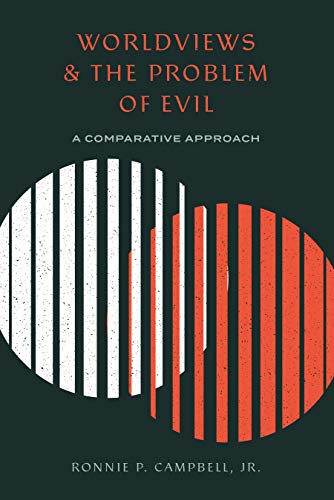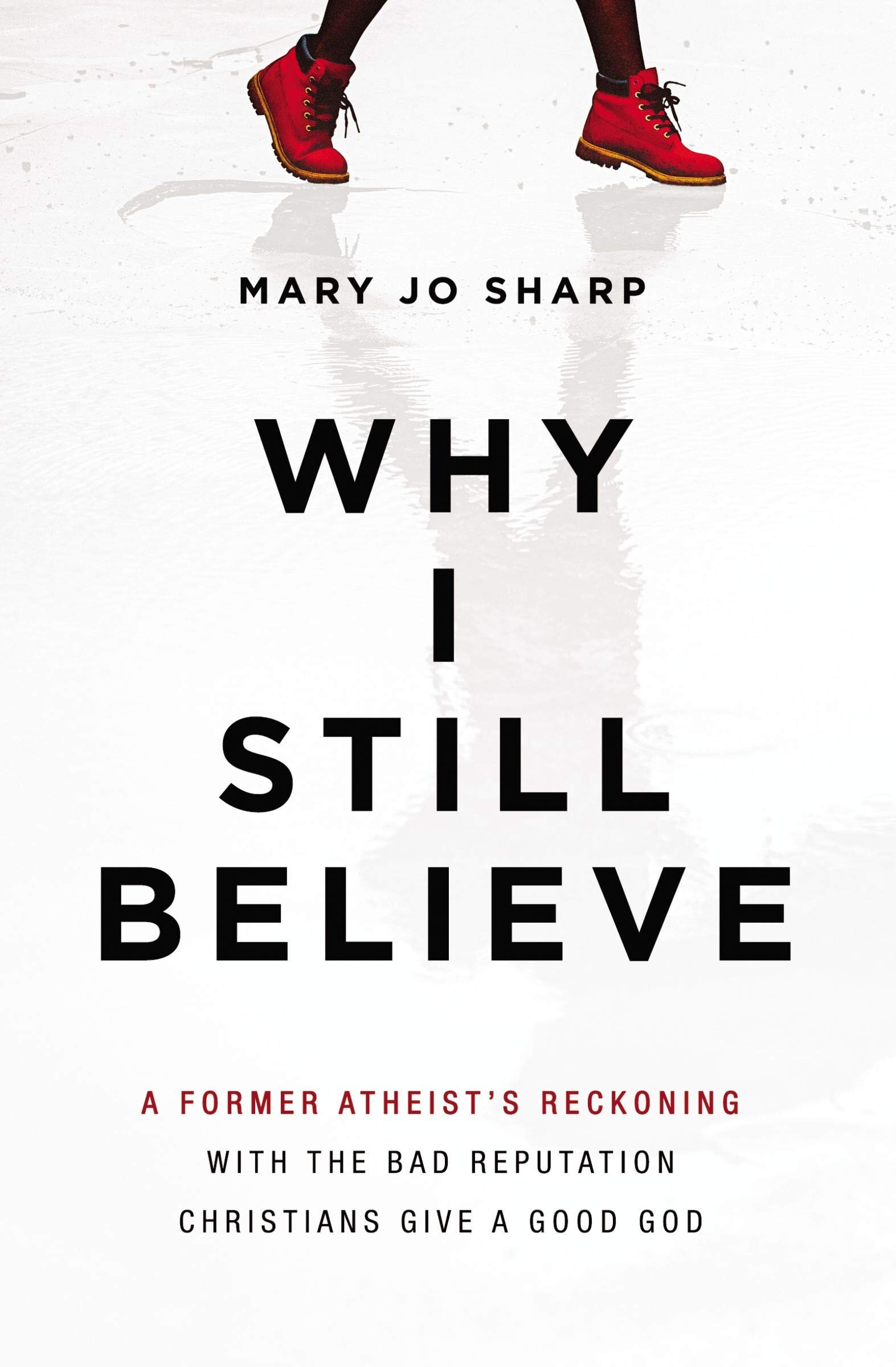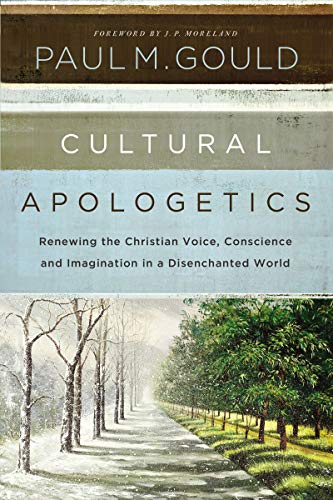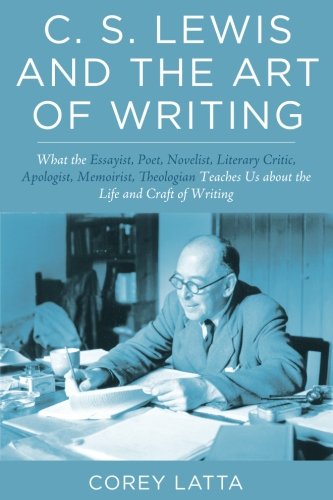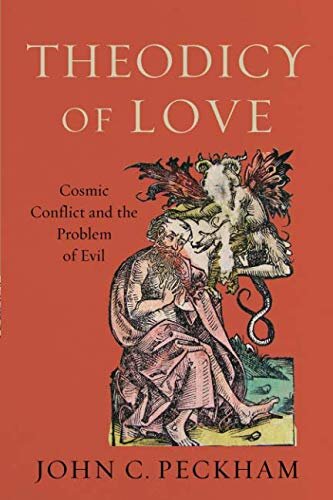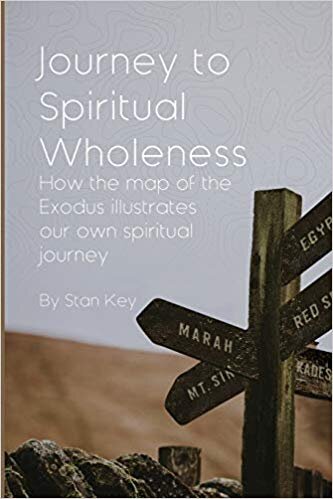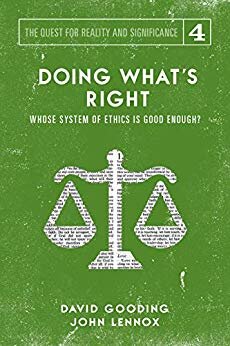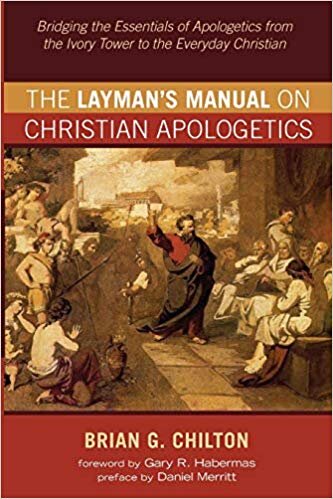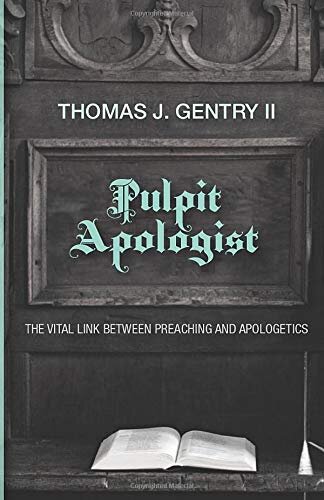New Developments in Moral Apologetics, Part 4
/This installment of new developments on the moral argument features two students of mine wrapping up their doctoral work on the subject. They are also dear friends and both have been very active here at MoralApologetics, and will play a big part in the site’s future and the Center for Moral Apologetics at Houston Baptist University. They are Jonathan Pruitt, long-time Managing Editor extraordinaire of MoralApologetics.com, and Stephen Jordan, who will be spearheading the development of moral apologetics curriculum as part of a new initiative of the Center in the years to come.
Jonathan Pruitt’s work seeks to extend the abductive moral argument made in Jerry Walls’s and my Good God and God and Cosmos to the Christian religion. Like the argument found in Good God, Pruitt’s argument begins by assuming moral realism. Specifically, it assumes there are a range of moral facts in need of explanation, including facts about moral goodness, moral obligations, moral knowledge, moral transformation, and moral rationality.
With respect to moral goodness, the dissertation brings to bear the rich ontology of the Christian doctrine of the Trinity. It suggests that the existence of the Trinity best explains deeply held moral intuitions about “the shape of the good,” as it builds upon Robert Adams’s Platonic theistic view of God as the good. If the good is ultimately triune, this could naturally explain why morality is centered on “the other” and the foundational character of love in ethical thinking.
With respect to moral obligations, the dissertation utilizes the fundamentally social nature of the Trinity to suggest that moral obligations, best understood as a certain kind of social standing, is well explained by a Trinitarian God. The Christian worldview has tremendous resources in the domain of moral knowledge as it claims both a divinely inspired book and the ideal moral exemplar in Jesus Christ. In these, one finds both the moral law and the ever elusive concept of “the good life” reified. Additionally, these resources can help turn back some well-known objections to divine command theory.
The Christian view of sanctification and the role of the Holy Spirit explain how one can be morally transformed, while remaining within the logical boundaries required by such transformation. Though Kant had to postulate God as judge and eternal life to solve what Henry Sidgwick later called “the dualism of practical reason,” the Christian worldview comes with these features included. The public and evidential nature of the Resurrection supplies concrete evidence for moral faith and, in conjunction with Christian eschatology, solves moral problems not explicitly articulated until nearly two millennia later. Thus, Christianity handily accounts for moral rationality. Pruitt’s work, in the end, highlights how some of the most distinctively Christian ideas map closely onto well-known problems in ethical theory. He suggests that precisely where Christianity is most different, it most ably marshals explanatory resources to account for the moral facts.
Stephen Jordan’s developing work is called “Morality and the Personhood of God: A Moral Argument for the Existence of a Personal God.” The concept that God is personal is a necessary and fundamental part of religious belief.[1] If God were not personal, it would be odd to think of him as moral or loving; it would also seem inconsistent to speak of him as One with whom humans can have a personal relationship, One who can be trusted, cares for the people he created, listens to their prayers, acts on their behalf, has their best interests at heart, and so on. In short, to talk of such matters in a sensible manner and to experience them in everyday life seemingly requires that God is personal.
Is there evidence that a personal God actually exists? Enter the moral argument. The moral argument, like other classical arguments for God’s existence, is able to provide evidence for believing in God’s existence, but—unlike other arguments, or perhaps better than the other arguments—is able to shed an incredible amount of light on God’s character (i.e., what God is like). For example, in order to account for morality, God must be good, loving, and holy. Additionally, through surveying moral categories such as moral knowledge, moral values, moral obligations, and moral transformation, it becomes apparent that the source of the moral law, in order to account for the deeply personal nature of morality, must also be personal, and personal to the highest degree possible.
If the moral argument suggests that God must be personal in order to account for the personal nature of morality, the next step in the process involves considering the various explanations for God’s personal nature. There are several belief systems that set forth the notion of a personal God, with some conceptions coming nearer to adequately accounting for what is required of a personal God than others. Christianity, however, uniquely demonstrates that not only is God personal, but that he has always been personal. If the only sense in which God is personal is in his personal interactions with human persons, then one could say that God’s personality was frustrated before he created human persons or that God became personal only after he created human persons. To say these sorts of things presents all sorts of theological and philosophical problems, such as that God would be dependent on something other than himself and therefore not self-sufficient.
A Trinitarian conception of God, which is a distinctly Christian concept, solves the sorts of problems alluded to above, suggesting that God has always been personal in and through the inner personal relations of the three Persons of the Trinity: Father, Son, and Holy Spirit. This is the fundamental reason why the Judeo-Christian God, the God of the Bible, is such a powerful explanation for the deeply personal nature of morality: he is intrinsically personal himself.
While there is certainly more involved, there are two key tasks to this version of the moral argument: (1) demonstrate that morality points in the direction of a personal source; and (2) explain how a Trinitarian conception of God provides the best explanation for the deeply personal nature of morality.[2]
[1] A definition of “personal God” looks something like this: A Being who thinks, feels, and wills, and who is capable of loving and being loved by other beings.
[2] There are essentially three tasks involved in the moral apologetics enterprise: (1) provide reasons for believing in objective moral facts; (2) address secular theories; and (3) explain why theism, particularly Christian theism, is the best explanation for morality as a whole. While this project largely focuses on the third and final task, there are discussions throughout that give attention to the first two tasks as well. For instance, there is a chapter that provides fifteen reasons for believing in objective moral facts, and there are several chapters that briefly respond to opposing theories.









